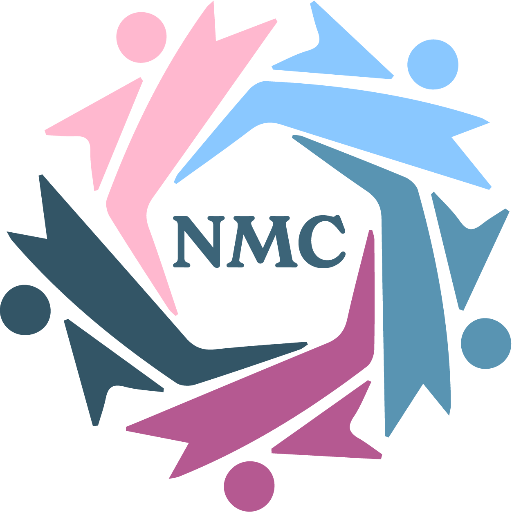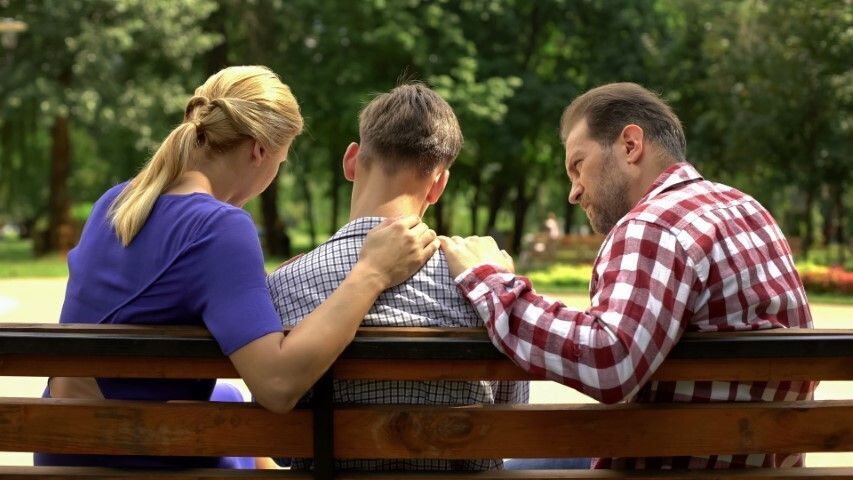What are Restorative Justice Practices?
Rather than focus on punishment, restorative justice practices offer healing and rehabilitating alternatives to address harms done to individuals and communities.
They often include a meeting between the victim and youth aimed at making amends, accepting responsibility, and providing understanding.
What is Juvenile Justice Mediation?
- Referrals to mediation are typically made by the probation officer but can be made by anyone involved such as school personnel, counselors, and parents.
- Mediation addresses the juvenile's accountability and provides opportunity for problem solving through face-to-face dialogue, with the assistance of neutral, third-party mediators.
- Mediation is an alternative process for youth, probation officers, and others to use when conflict in the youth's life increases the risk of further law violation or incarceration.
Examples of Juvenile Justice Mediation can include:
Youth/School
Possible areas to mediate:
- expectations of the school personnel, the youth and the parent(s);
- communication guidelines; discussing unresolved issues, such as previous truancy, fighting, incomplete assignments.
Youth/Parent/Stepparent
Possible areas to mediate:
- curfew
- what do we both have to do to help you stay in the home?
- communication
- relationships
- driving
Youth/Youth
Possible areas to mediate:
- fighting
Victim Youth Conferencing
Victim Youth Conferencing (VYC) is a different way of perceiving and approaching crime and punishment. It is a process in which a victim of a criminal act and the juvenile can voluntarily meet with each other with the assistance of trained mediators. The purpose of this process is to provide a safe environment in which:
- the victim and the youth can communicate directly about how the crime has affected them
- the victim can ask questions of the youth
- emotions can be expressed and acknowledged
- restitution can be negotiated between the victim and the youth
Often, family members and/or community members of both the victim and the youth are present during the VYC session. As a result, the process not only benefits victims and youth, but can have a positive impact on families and communities.
Cases are usually referred by County Judges, County Attorneys, Diversion or Probation Officer.
Safeguards
- the youth has admitted responsibility for the action
- the youth has agreed to participate before the victim is contacted by NMC
- separate, private meetings are conducted with both the youth and the victim before a joint mediation session.
Types of offenses mediated (not limited too):
- vandalism
- shoplifting
- property damage
- assault
- theft
If you need mediation services for Restorative Justice services, please click the button below to contact us to start the process.

